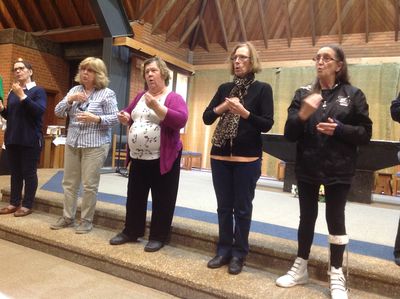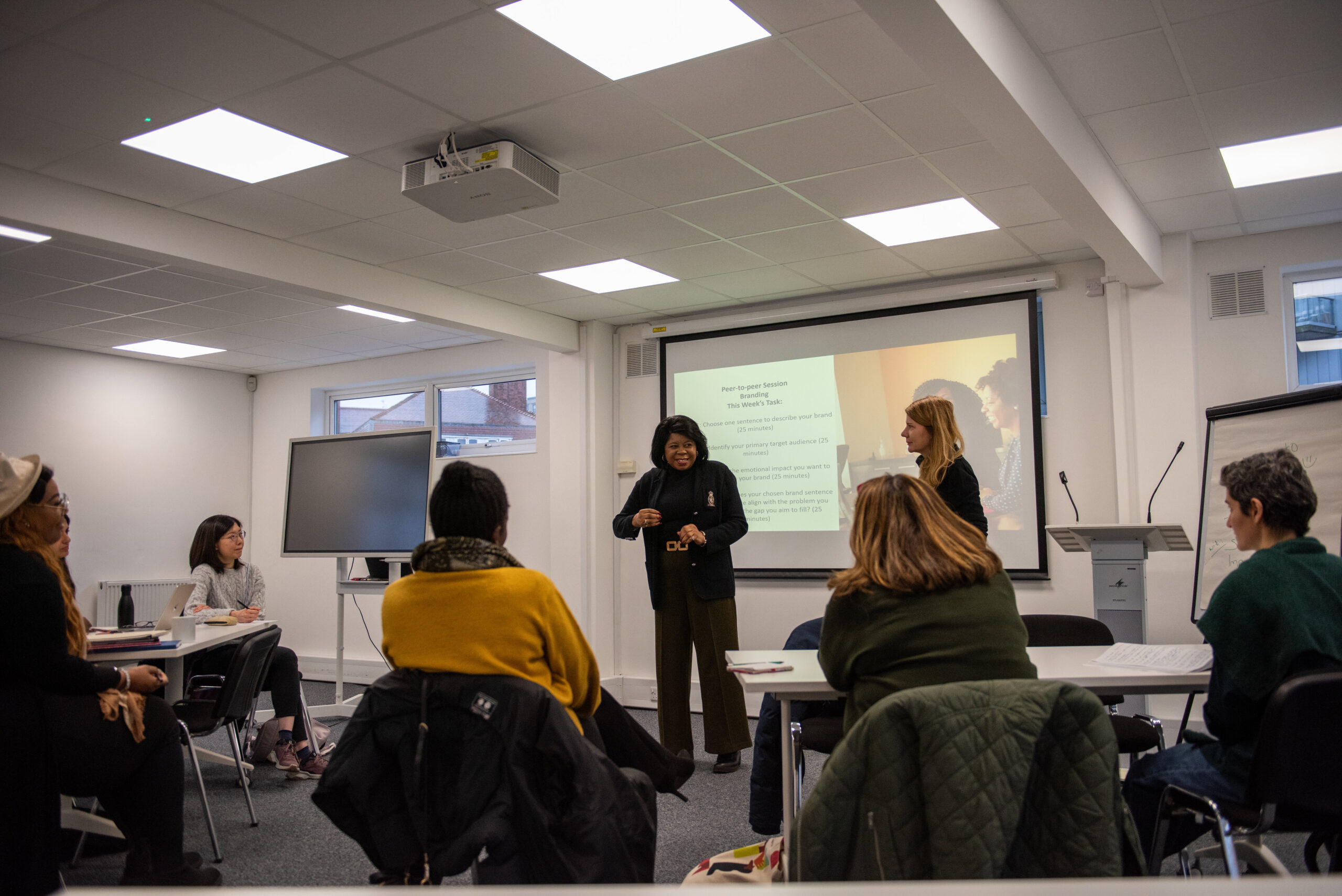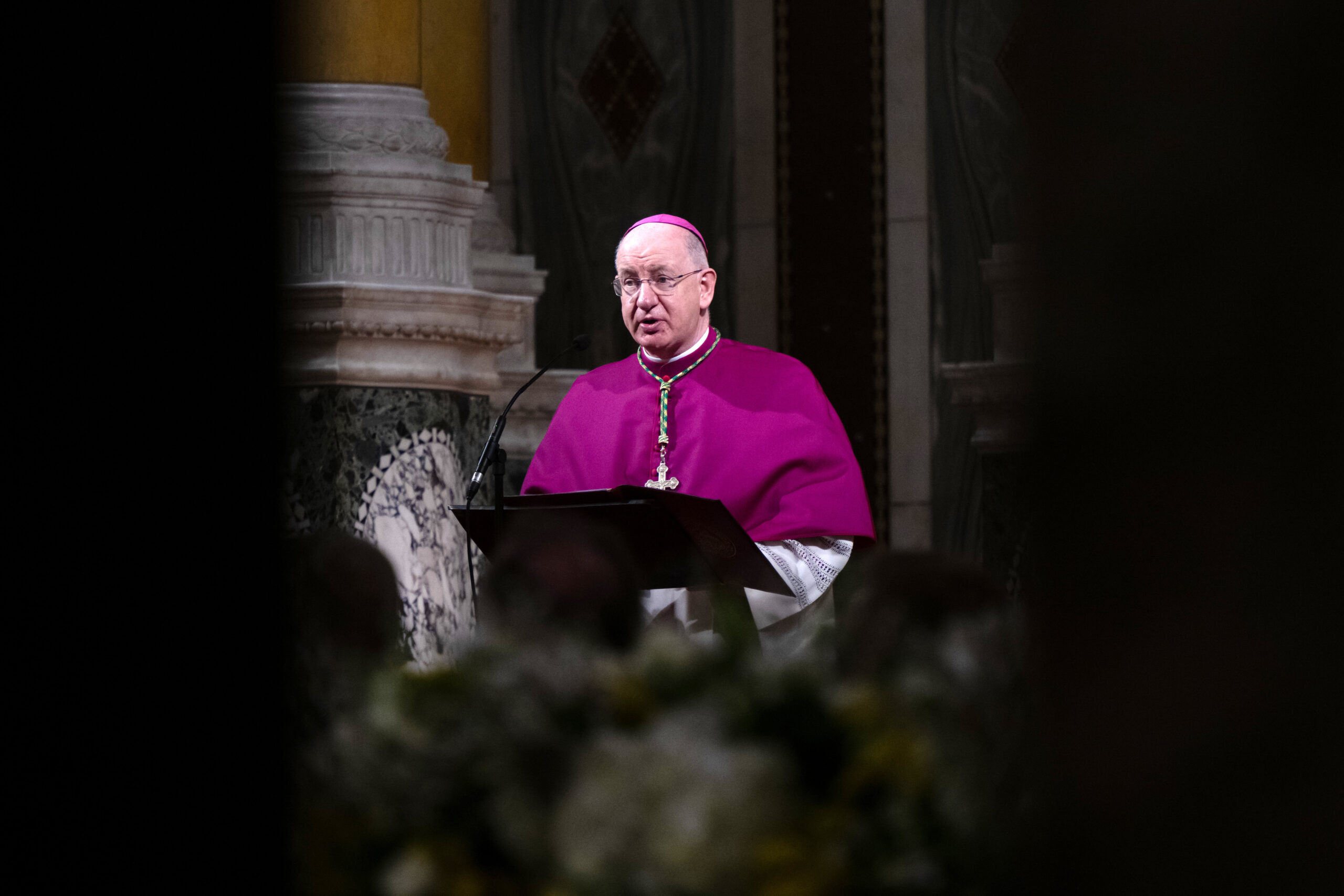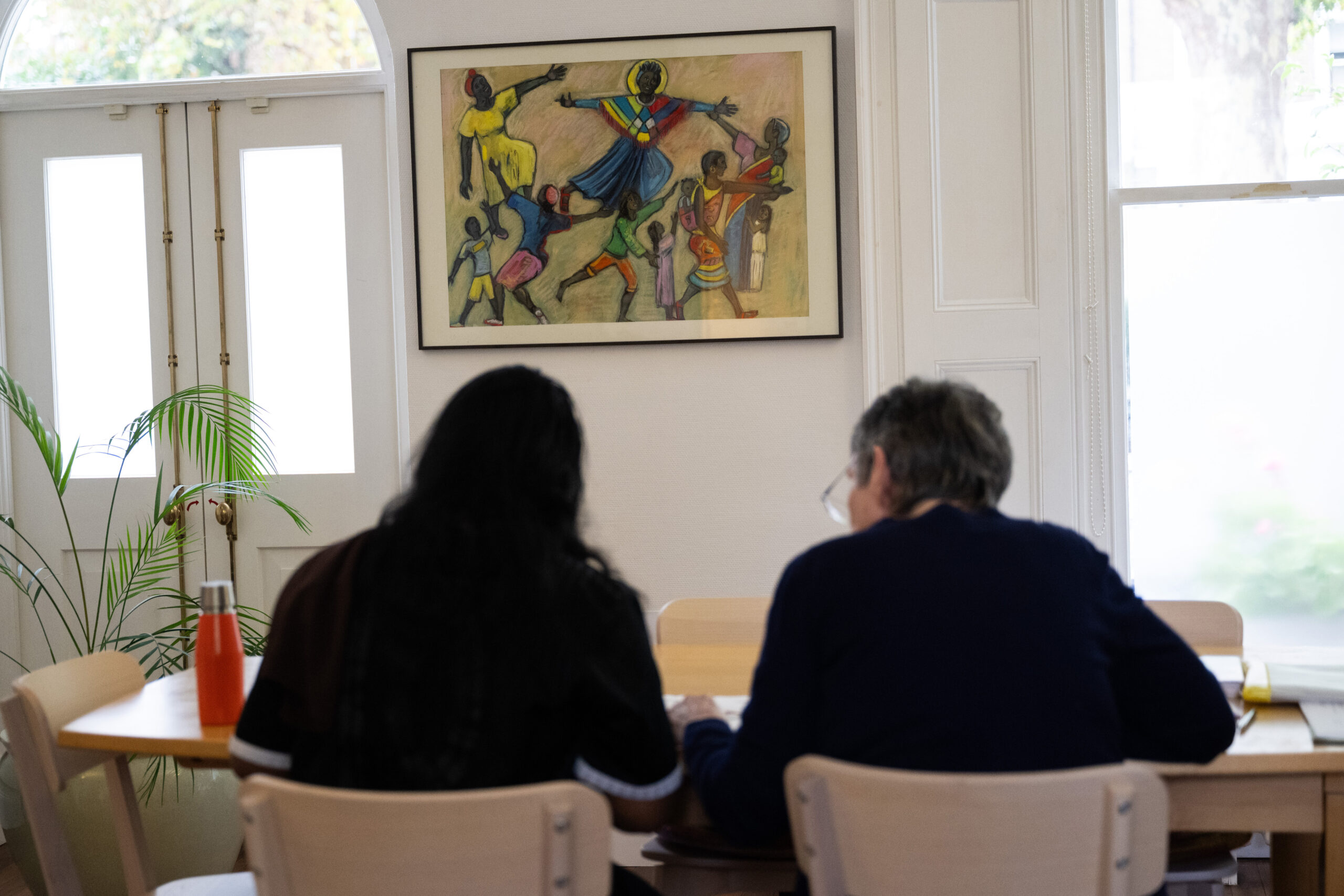“It was great to stay home and be with family” – Ruth
“The letter…only provided a telephone number” – Jack
“I realised lockdown would be a good opportunity to spend more time with Jesus” – Frances
“My main task is gardening. I am one of the lucky ones.” – Teresa
When I take the mask off my hearing aid or glasses fly off.” – Barbara
“The number of deaths has been a huge burden” – Teresa
The Caritas Deaf Service has been checking in on how members of the Deaf Community have fared during lockdown. Five Deaf and hard of hearing people answered a range of questions and the result is a snapshot recognisable in many ways to hearing people, but also illustrating the unique issues faced by Deaf people who rely on British Sign Language (BSL) and/or lipreading to communicate.
Sarah Metcalfe from the Caritas Deaf Service said “As we continue to live with different levels of lockdowns and restrictions across the country, it is vital to think about how we can ensure that Deaf People are not left behind.”

Walsingham 2019. Just one of the events which had to be
cancelled in 2020.
The five people who told their stories – we are calling them Jack, Ruth, Frances, Teresa and Barbara – were not all alike in their experiences. There was an extrovert/introvert split, with Teresa, a gardener, enjoying “extra solitude, more time for prayer and reflection” but others missing trips to church, cinemas, restaurants and holidays. All were grateful for the technology with which they could keep in touch with their family and friends, although Jack missed going to the library where he used the computer for email correspondence.
Jack continued to travel on public transport, and appreciated the extra space “I felt comfortable in either a bus or underground train due to social distancing” he told us. Others were more nervous about going out – especially those with health issues who were shielding. Barbara told us it was “Scary to go out first time, as I went by taxi feeling nervous to get my haircut… Watching people wearing masks still seems odd to me.”
All five had times of real difficulty communicating with people – people wearing facemasks has been a big problem for those relying on lipreading. They would love to see more people wearing masks with a clear panel – or for people to simply take the time to step back to a safe distance and remove their masks.

trip to Aylesford Priory in Summer 2019
This problem was even encountered with some health professionals. Jack told us “nurses forgot I was Deaf and continued to talk with masks on”. The changes in procedures at GPs surgeries – such as more consultations being carried out by phone – risks leaving Deaf people behind. Ruth was able to email her doctor about an ankle injury but found this unsatisfactory as she was simply told to “stay in bed and put my ankle up”. The doctor told her not go to hospital due to the high levels of coronavirus, but this left Ruth feeling uncared for.
A recent survey by charity Sign Health confirmed that issues like these are not uncommon. 74% of their respondents found it harder during the pandemic to get the healthcare they need and 89% are worried about how they would communicate with staff wearing PPE if they were admitted to hospital.
Of our five correspondents, Frances had the toughest time. She contracted COVID-19 early on and suffered badly – she is still recovering now. She felt completely abandoned by her GP whom she described as “unkind, unsympathetic, zero-understanding and non-deaf aware”. Thankfully she found the care she needed from a new GP and also from her allergy specialist who “would be in touch by WhatsApp several times a day, telling me what to do, what to take and one night when my breathing was so bad, she was texting every half an hour til midnight.”
But Frances also talks about the care and consideration she received from volunteers and friends, who held her in prayer “When I was very depressed over losing my sense of taste completely, I put out a call for prayer on Facebook and within two hours, felt wrapped in the most amazing, uplifting sensation of love and peace.”
Teresa and Barbara mentioned something which the Caritas Deaf Service has been concerned about since the beginning of the pandemic: the lack of BSL interpreters for government announcements. “People felt left out about TV news” said Barbara, and Teresa said she has written to the government to ask “why no BSL to back up a message for all?” but received no answer.
The Caritas Deaf Service supports the “Where is the Interpreter?” campaign which has been prominent on social media. Michelle Roca from the Deaf Service said: “Deaf people need information on equal terms and at the same time as hearing people. Scotland and Wales have both managed to provide interpreters for official announcements why is it so difficult for England to do the same?” After a petition failed to persuade the Government to provide live BSL interpretations for its Coronavirus briefings, a group of Deaf people are now taking legal action.
Michelle continued “This is a justice issue for the estimated 80,000 or more people in the UK for whom BSL is their first language. It is also a health issue if Deaf people do not understand the rules regarding coronavirus restrictions, they could end up putting themselves and others at risk.”
Lockdown for our Deaf friends was not all bad. Like many people Frances and Teresa appreciated the slower pace of life and noticed the quieter, cleaner environment and Ruth took the opportunity to do be more creative, making greetings cards and sewing. Barbara enjoyed being able to chat online with her children and grandchildren, and playing games and quizzes.
Caritas Deaf Service were able to provide live streamed Masses with BSL interpretation, and continue to do so, however the Deaf community has missed being able to get together. Caritas Deaf Service usually have a busy schedule of Bible studies, retreats, support groups and signed Masses, serving dozens of people in Westminster Diocese and beyond. Much of this has been put online but Deaf people have missed the community spirit that can only really be built when people are physically present.
Sign Health have reported that 79% of respondents to their survey feel socially isolated.
All of the Deaf people we spoke to yearn for life to go back to normal, but are worried about the future – for the economy as well as their own health and that of their families and friends. They hope that a vaccine will be found soon, and that lessons will be learned – not just about how to deal with viruses, but also about how to fully include Deaf people in all aspects of life, including a national emergency.
We can all do something, even if it is just to be a little more aware, as Ruth said: “I would like people to learn more about Deaf people as we are normal, same as hearing. Be kind … Hearing people don’t need to be scared of Deaf people. We Deaf people are humans!”





